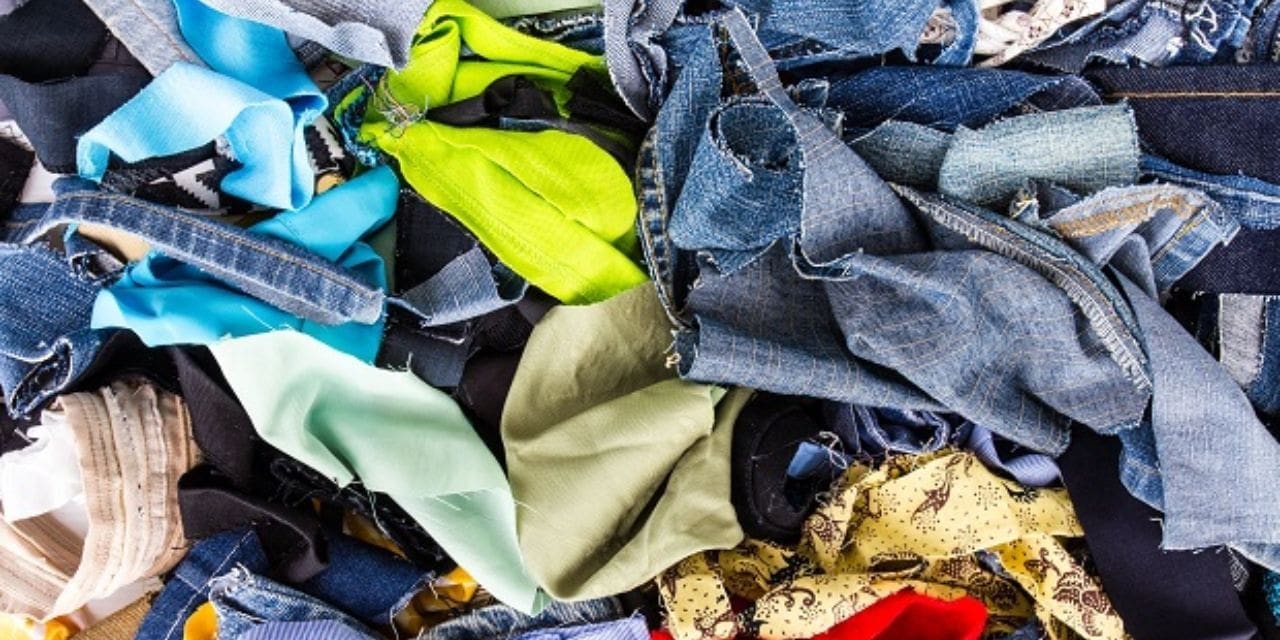Governments, particularly in Europe, are setting ambitious recycling targets to address the industry’s massive waste problem. However, the complexity of recycling textiles and the lack of technical solutions pose significant challenges. Amidst concerns that tech innovations may only serve as a façade for over-production, the pressure to initiate large-scale recycling has surged.
Challenges in Textile Recycling
Experts emphasize the complexity of recycling blended materials, as most clothes contain a mix of different fibres. US-based company Circ has developed a chemical solution to separate polycotton, the most common blend, into its constituent parts, allowing them to be transformed into new fibres. Zara has already implemented this solution, showcasing its potential.
Collection and Sorting Infrastructures
Efficient collection and sorting systems are required to handle vast amounts of old clothes. SuperCircle aims to streamline and cost-effectively manage this process by partnering with delivery firms, utilizing warehouses, and implementing tracking systems. By encouraging in-store drop-off bins, offering free shipping labels, and other incentives, they strive to change consumer attitudes towards end-of-life recycling. Uniqlo North America already benefits from their logistics operations.
In-house Recycling Solutions
Saentis Textiles offers a patented machine that minimizes damage to cotton fibres during recycling, enabling the creation of high-quality textiles. With its new offering, the company plans to sell these machines directly to textile manufacturers, allowing for in-house recycling at their factories. Renowned brands such as IKEA, Patagonia, and Tommy Hilfiger have already embraced Saentis Textiles’ recycled cotton.
Revolutionizing Manufacturing Processes
Unspun introduces the world’s first 3D weaving machine, capable of producing custom-sized jeans in under 10 minutes directly from yarns. This innovative machine could eliminate the need for brands to stockpile inventory, ultimately reducing waste and transportation burdens. Its first micro-factory is currently under construction in Oakland, California, aiming to prove the concept’s viability.
Preparing Clothes for Recycling
French company Cetia specializes in preparing clothes for recycling, tackling different aspects of the process with various machines. Their range includes a machine that effortlessly removes shoe soles, as well as an AI-powered system that uses lasers to remove hard points, like buttons and zippers, without damaging the item.
Carbon-Capture for Sustainable Fabric Creation
Rubi Labs has developed a groundbreaking method to capture waste carbon dioxide from factories and transform it into cellulose, resembling the natural process of plant growth. This cellulose pulp then serves as a source for yarn production. While the feasibility of large-scale implementation remains uncertain, Rubi Labs has initiated a pilot project with retail giant Walmart to test their innovative solution.
As the fashion industry races against the clock, these diverse approaches and advancements offer a glimmer of hope in tackling the fashion waste crisis. However, the road ahead remains arduous, with many solutions yet to be proven or scaled. The urgency for brands to prioritize recycling methods is heightening, as fines from the European Union loom large. Only time will tell if the industry can achieve sustainable and circular practices to ensure a greener future.

